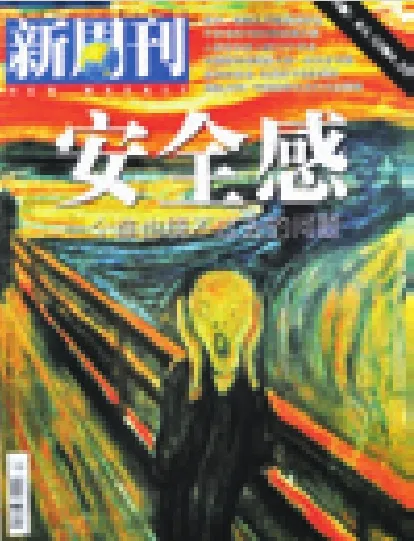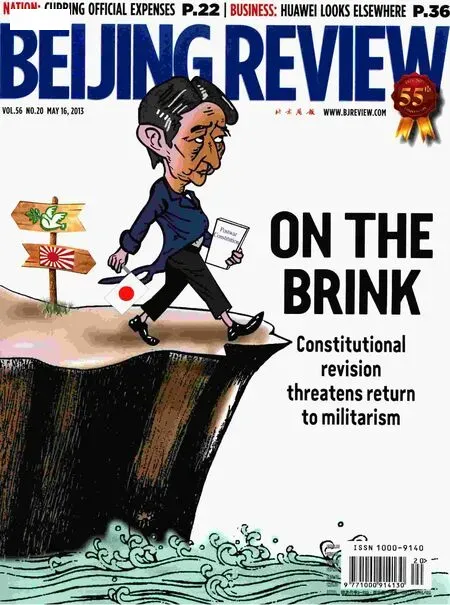MEDIA DIGEST
2013-12-06

The Stag flation Era of the Real Estate Market
South Reviews
May 7
In the past 10 years, the Chinese real estate market has boomed, benefiting local governments and real estate developers alike. Income from land sales has become the largest part of local authority revenue.Such earnings have risen from 540 billion yuan ($87.7 billion) 10 years ago to 2.85 trillion yuan ($460 billion), taking up a half of local fiscal revenues.
However, the 10-year boom has resulted in high housing prices. Although various policies have been implemented to control housing costs, most were ineffective.
For the new term of government, controlling real estate prices is undoubtedly one of the most pressing issues. If it continues its old model of cost control, the deformed development of the real estate market will become increasingly serious.
To solve the problem, on the one hand, the Central Government should curb real estate speculation; on the other,it should reduce local government reliance on land sales. More specifically, it should increase the supply of land and affordable housing while restraining investment in houses.
Poisonous Ginger
Shanxi Evening News
May 7
It was recently reported that farmers in Weifang,east China’s Shandong Province, were found to have cultivated ginger using toxic pesticide.Experts say the use of toxic pesticide during planting not only poisons produce, but also pollutes the local environment.
Local ginger farmers are aware of the harmful effects of pesticide, but they are more interested in economic profits. The incident has revealed that effective legal supervision is lacking.
It is noticeable that all toxic ginger are only for the domestic market, while the output for export is not affected as stricter quarantine and inspection are implemented before export.The double standards in food safety between internal and overseas markets have long been publicly questioned.
Local watchdogs should also be held responsible for the problem. The Central Government gave local authorities more power in food supervision in 2008 and established National Food and Drug Administration in 2010,aimed to enhance supervision in food production. However, such measures have produced little effect. In particular, it is reported that Weifang does have an established food supervision system, but it has not operated properly.
In general, if institutional defects in law enforcement cannot be addressed, China could not prevent further crises. Some moneycentered food producers may take advantage of the weak law enforcement and recklessly use toxic pesticides or additives in their products.
Palace Museum Security
Xinhua Daily Telegraph
May 7
The Palace Museum in Beijing has again made news due to security concerns. On May 4, a 22-year old tourist from central China’s Hubei Province smashed a window with his fist and broke an antique gilded clock from the Qing Dynasty (1644-1911). The vulnerable security system at the museum has since become the target of much public ridicule.
Following a burglary on May 8, 2011, the Palace Museum improved its security network,but to little avail. Moreover, its real-time monitor failed to capture the tourist on film.
Speaking to the press, the Palace Museum said it would install more cameras to ensure there are no blind spots. But the public has heard this all before.
The museum faces massive challenges in relic preservation and dealing with swarming tourists and has continuously set new limits on its maximum capacity in recent years.
Apart from security loopholes, the incident revealed the improper behavior of some visitors.Both the museum and visitors should make efforts to better preserve the collection in the museum.
Sense of Safety
New Weekly
May 1
Do you feel safe? Is the city you live in safe?
Recently, the outbreak of H7N9 bird flu, the poisoning case at Fudan University in Shanghai, the Boston Marathon terrorist bombing and the Ya’an earthquake have made people feel increasingly unsafe.
However, the greatest contributor to making people feel unsafe often comes from the hidden dangers of daily life. Polluted air and water, unsafe food, fragile marriages,and heavy employment pressure have all increased people’s anxiety.
While some manage to deal with the challenges posed by ever day life, individual power is limited. In order to improve common security, society as a whole needs to change its attitude. Individual safety, dignity, personality and happiness should be set above interests. If GDP growth comes at the expense of people’s safety, happiness would only be temporary.

